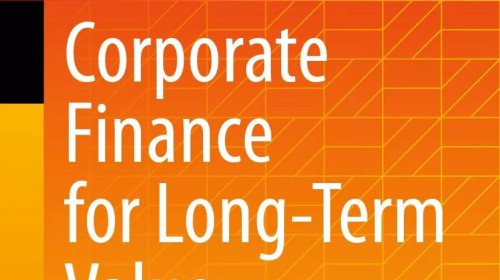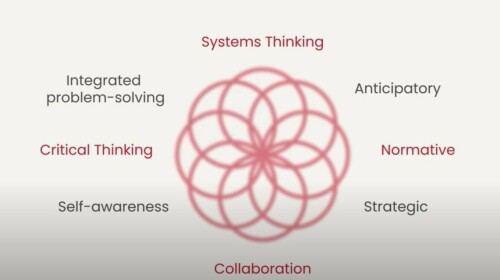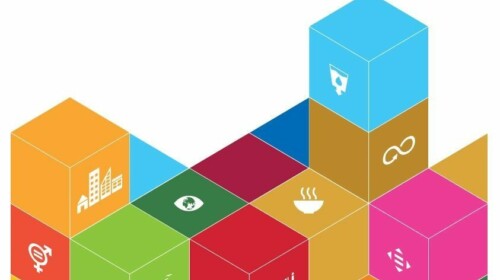The course on Wastewater Management and Sanitation has a special policy emphasis on Decentralized Wastewater Treatment Systems (DEWATS) and is based on the respective ESCAP-UN-Habitat-AI Policy Guidance Manual, which is promoting enabling policies on wastewater treatment and sanitation in South-East Asia.
This DEWATS course focuses on enabling policies to promote wastewater management and sanitation in South-East Asia to ensure water security in the region, using the integrated water resource management (IWRM) approach. A number of relevant policy frameworks and case studies from the region and beyond are available for the participants of the course. An ESCAP certificate will be issued after submission of a research paper or a case study and upon successful completion of Quiz.
Download SyllabusTarget Audience
Policymakers and Sustainable Development Practitioners.
Learning Objectives
- To guide national and local policy makers and experts in South-East Asia and beyond on enabling pro-poor policies, strategies, legal, institutional, social, environmental, and financial frameworks for sustainable sanitation services (3S).
- To advocate for Decentralized Wastewater Treatment Systems, or DEWATS, to accelerate sustainable sanitation services in suburban areas and secondary towns, with specific attention to the Mekong corridor in South-East Asia.
- To suggest solutions and options for reforms aimed at sustainable delivery of sanitation services, linked to targets and SDGs on water and sanitation and to the post-2015 development agenda.








